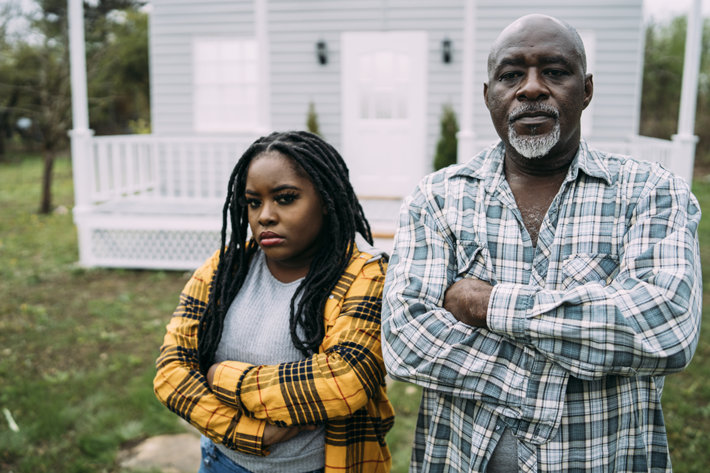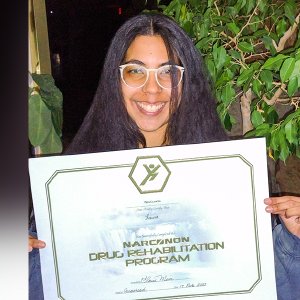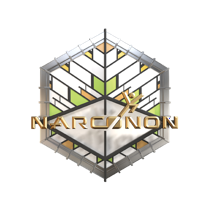Does Family Intervention Work Without a Certified Interventionist?

Our culture has become familiar with interventions for a couple of reasons. The first is the long-running and popular TV show Intervention. The second reason is an increased real-life demand for interventions due to rising addiction in our country. In this case, the situation regarding addiction in the family reaches a breaking or tipping point. And the family is sent scrambling to learn about the process that they hope will save the addict’s life and end the chaos and despair for everyone.
Frequently, after researching the topic, families decide that they can go it alone, without a professional. In this case, the family members and close friends plan and perform an intervention without hiring a professional interventionist. But is this wise?
Before a family decides to do an intervention without a professional, there are a few points the members should learn and consider.
First, exactly what is an intervention? It is important to know the basic definition if a family is going to engage in one. Vocabulary.com has a good definition – “Intervention comes from the Latin intervenire, meaning ‘to come between, interrupt.’ Often an intervention is intended to make things better….”
In other words, an intervention with a drug addict is an event intended to interrupt drug behavior and selfish habits long enough to get the person into rehab. Once in rehab, the addict can make permanent and positive changes and life for all will improve. Rehab is the goal of an intervention, and anyone participating must have the skill, foresight, and fortitude necessary to reach that goal.
The overall chances of success are better with the help of a professional interventionist. Yet, many families decide to do an intervention without professional help. Why? Since a successful intervention can mean the difference between life and death, it is important that family members honestly assess the matter within themselves.
What Are the Reasons a Family Chooses Not to Hire an Interventionist?
The primary reason why many families decide not to hire a professional interventionist is because of the cost. Interventions can seem costly, especially for families who have already suffered financial losses trying to help the addict. Family members would prefer to have an interventionist but decide they can’t afford it.
Other reasons families commonly opt out of hiring a professional interventionist have to do with family members’ emotions. There may be an underlying fear of change or fear that family secrets may be revealed. Here is a further break down of what those fears could be:
- Fear of change and loss of the role of being needed: Unfortunately, this is common among parents with a son or daughter addicted to drugs or alcohol or a spouse afraid of no longer being needed after the addict accepts help.
- Fear that the family won’t be able to adjust after the addict recovers: Some families have become accustomed to chaos and drama, and when one family member makes a positive change, it does not always resonate with other family members.
- Fear of exposing family secrets: There is also a fear that the addicted individual will begin to attack the family members involved by exposing their secrets, shifting the direction back towards the family.
- Fear that the addicted individual will not respond favorably to the intervention: There is always hesitation and difficulty believing that anything said to the addict is going to sink in. However, if the intervention doesn’t work, the addiction only worsens, increasing the risk of injury or death.
Can an Intervention Work Without the Help of an Interventionist?

Yes, but it can be a risky endeavor. The chances for success are not as great as they would be with a professional. No matter who is doing it, a successful intervention depends on planning and execution. Some families choose to speak to a professional interventionist for advice and then perform the intervention themselves. The intervention can still be tough going because the plans don’t get executed. Generally, the hardest obstacle to overcome during an intervention is the enabling behavior of the family. Family members can’t change their behavior patterns and derail the intervention completely. This is the number one reason why a family intervention fails. Typically, it is not the recommended procedure that was incorrect – but rather, the people part of the intervention team don’t follow the directions or advice.
Also, no matter the good intentions, it is difficult for family members to place themselves in the shoes of an addict. Moreover, it is hard for an addict to see the family’s perspective and understand where they are coming from.
Assistance from a Professional Interventionist
Most interventions, guided by a professional, are successful. Therefore, ideally, the decision regarding the professional interventionist’s presence should be based solely on the family’s honest assessment of their capability to manage the situation.
If finances are a complete barrier to hiring a professional, some communities have local resources and professionals who volunteer their time to help addiction-stricken families.
If family members do not want to hire a professional interventionist for emotional reasons, they should get honest with themselves, step over their pride and emotions, and hire a professional.
A professional interventionist helps families understand the process of intervention and exactly what their role will be. The planning and execution are done flawlessly. Things can get pretty heated during an intervention, and the professional is there to calm down the chaos. Family members have usually been involved in the drama for a long time and can’t easily step out of it. The interventionist guides the addict and the family out of the dramatic mess, towards rationality and the ultimate rehab destination.
Family interventions might work, but a Certified Interventionist brings a higher level of control and success to the intervention. Therefore, the odds are in favor of intervention with a professional interventionist guiding the family.
How Well Do Interventions Work?

According to the Association of Intervention Specialists, an intervention success rate could be defined in a couple of ways. Initially, success is defined as the addict going to treatment. Over eight in ten individuals choose treatment when family and friends present this life-saving gift. The 15% to 20% who choose not to engage in the treatment initially decide to go within a week or two.
Additionally, another definition of success is described, which comes from the factor that addiction breeds chaos. Families become divided and destroyed and live in fear and dysfunction for years while their loved one struggles with addiction. The intervention process must address the chaos and assist the addict in choosing to accept change. A certified interventionist helps a family through this chaos before the intervention happens.
About Newman Intervention Services
In 2016, the author founded Newman Intervention Services to help families in crisis manage their addicted loved ones’ arrivals to drug rehabilitation. He currently travels all over the United States and internationally to end the conflict, trauma and loss that accompanies addiction to drugs or alcohol. Before founding Newman Intervention Services, Newman spent 15 years working in addiction recovery and prevention, educating more than 135,000 people on the life-threatening danger of drug or alcohol use.
Source:


